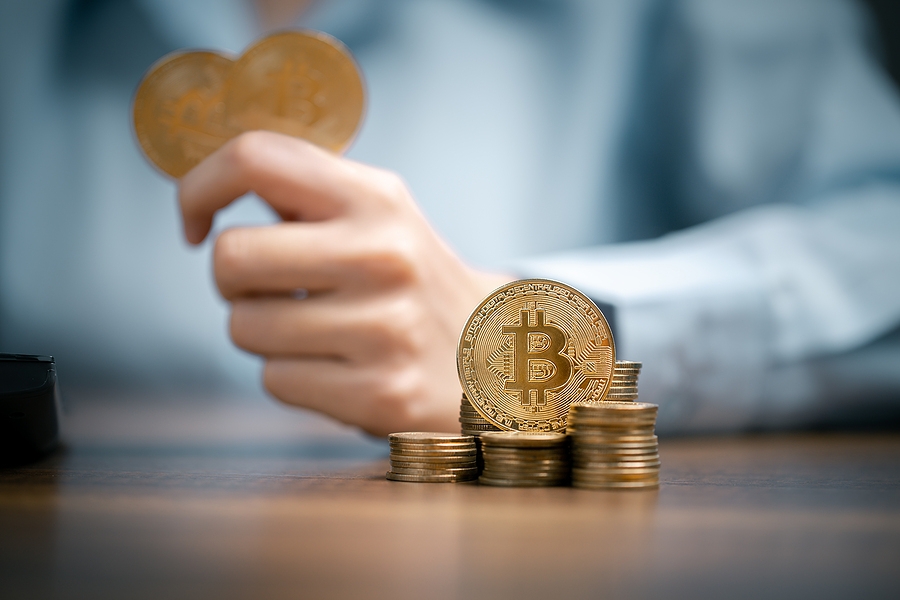Top German Bank Granted Crypto Custody License by Regulators
22.12.2024 18:00 1 min. read Alexander Zdravkov
DekaBank has entered the spotlight by obtaining a coveted crypto custody license from Germany’s BaFin and the European Central Bank.
This move, under the Banking Act, makes it one of the few traditional banks, alongside Commerzbank, to officially step into the digital asset space, setting itself apart from crypto-native firms.
The bank has been steadily building its crypto credentials. Earlier this year, it received approval to operate as a crypto securities registrar, enabling direct issuance of blockchain-based securities without intermediaries.
DekaBank is also a founding member of the blockchain platform SWIAT, which has seen notable use cases, such as Siemens issuing a €300 million digital bond.
Germany’s regulatory framework, though slow-moving, has proven to be a stabilizing force in the European crypto landscape.
The recent passage of the Supervision of Crypto Markets Act (KMAG) aligns national policies with the EU’s MiCA standards, paving the way for institutional growth in the sector.
-
1
What Will Happen With the Stock Market if Trump Reshapes the Fed?
29.06.2025 13:00 2 min. read -
2
Barclays Blocks Crypto Credit Card Payments in Latest Blow to Retail Investors
26.06.2025 8:00 2 min. read -
3
U.S. Bank Advises Clients to Drop These Cryptocurrencies
29.06.2025 10:00 2 min. read -
4
Chinese Tech Firms Turn to Crypto for Treasury Diversification
26.06.2025 17:00 1 min. read -
5
FTX Halts Recovery Payments in 49 Countries: Here Is the List
04.07.2025 18:00 2 min. read
Greed Holds as Market Momentum Builds: What is the Market Sentiment
The crypto market remains firmly in “Greed” territory, with CoinMarketCap’s Fear & Greed Index clocking in at 69/100 on July 19. Despite a modest 24-hour dip from 71, the index has now held above 60 for 11 consecutive days.
Top 7 Crypto Project Updates This Week
The crypto industry saw major advancements this past week across DeFi, NFT, Layer 2, and AI-powered platforms.
Peter Thiel-Backed Crypto Exchange Files for IPO
Cryptocurrency exchange Bullish, backed by billionaire investor Peter Thiel, has officially filed for an initial public offering (IPO), marking a major step toward entering the public markets.
Tether Plans U.S.-Issued Stablecoin After Trump Signs GENIUS Act
With President Trump officially signing the GENIUS Act into law, the regulatory landscape for stablecoins in the U.S. has entered a new phase—prompting major reactions from the industry’s top players.
-
1
What Will Happen With the Stock Market if Trump Reshapes the Fed?
29.06.2025 13:00 2 min. read -
2
Barclays Blocks Crypto Credit Card Payments in Latest Blow to Retail Investors
26.06.2025 8:00 2 min. read -
3
U.S. Bank Advises Clients to Drop These Cryptocurrencies
29.06.2025 10:00 2 min. read -
4
Chinese Tech Firms Turn to Crypto for Treasury Diversification
26.06.2025 17:00 1 min. read -
5
FTX Halts Recovery Payments in 49 Countries: Here Is the List
04.07.2025 18:00 2 min. read


